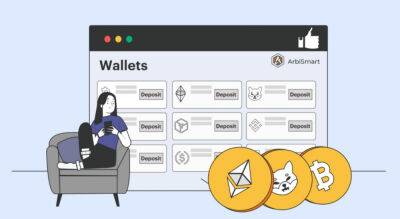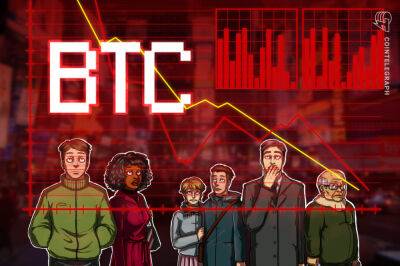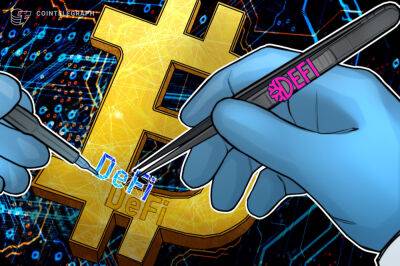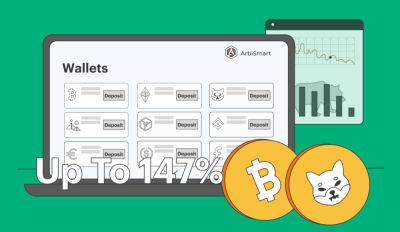Bitcoin could become the foundation of DeFi with more single-sided liquidity pools
For many years, Ethereum reigned supreme over the decentralized finance (DeFi) landscape, with the blockchain serving as the destination of choice for many of the most innovative projects serving up their take on decentralized finance. More recently, however, DeFi projects have started to crop up across multiple ecosystems, challenging Ethereum’s hegemony. And, as we look to a future in which the technical problem of interoperability is solved, one unlikely contender for the role of DeFi power player emerges — Bitcoin (BTC).
In that future, Bitcoin plays potentially the most important role in DeFi — and not in a triumphalist, maximalist sense. Rather, Bitcoin can complement the rest of crypto as the centerpiece of multichain DeFi. The key to this is connecting it all together so that Bitcoin can interact with Ethereum as seamlessly as iOS and Android do today.
An argument in favor of harmonizing Bitcoin with DeFi may come as a surprise. Commentators often pit the incumbent Bitcoin blockchain against its more agile and functional counterpart, Ethereum. The real “flippening,” however, is connecting DeFi to Bitcoin. Doing so gives users the best of both worlds, combining the dexterity of Ethereum with the purity of Bitcoin. The debate revolves around what a Bitcoin-enabled DeFi industry looks like or if it is even possible to accomplish.
The underlying Proof-of-Work (PoW) consensus mechanism of the Bitcoin network offers a rock-solid bedrock for a global payment network separated from any state. The built-in computational guarantees are enough to attract institutional money, illustrating that it’s good enough for the power players of traditional finance. Despite being designed to become the cash of the internet, the intrinsic
Read more on cointelegraph.com






















